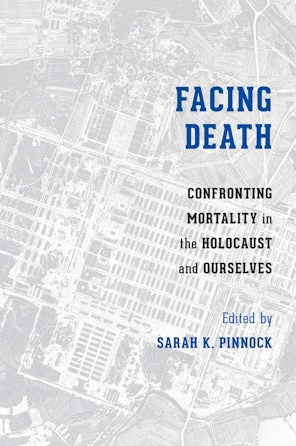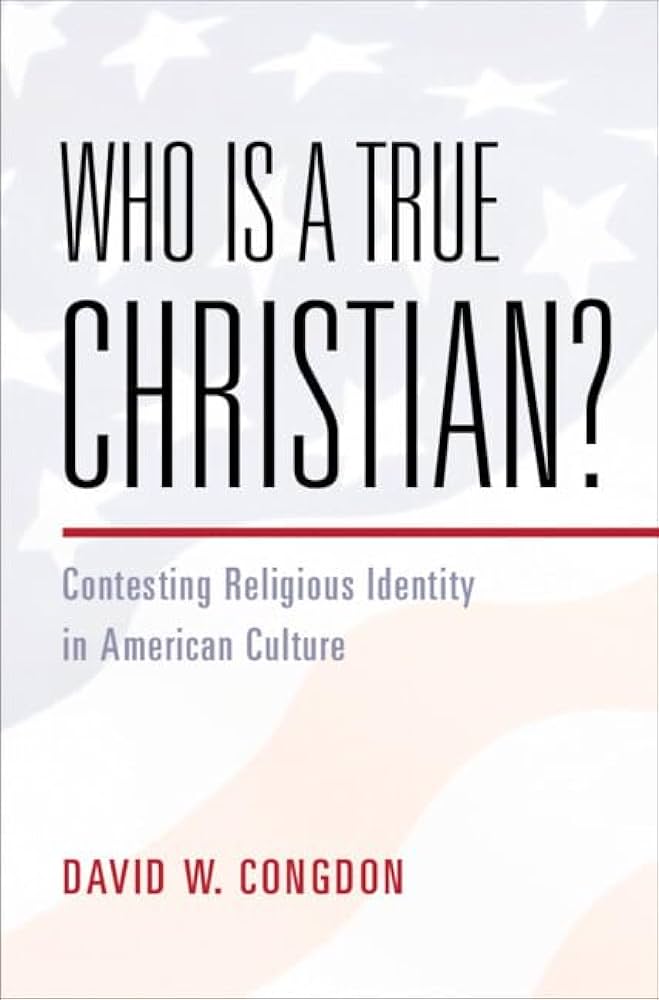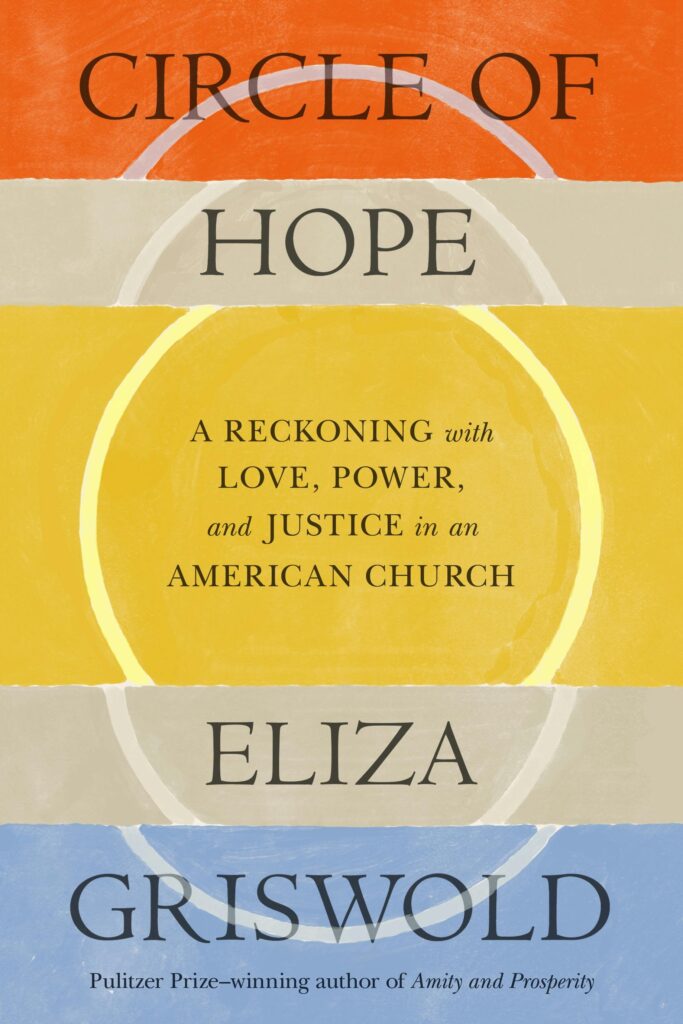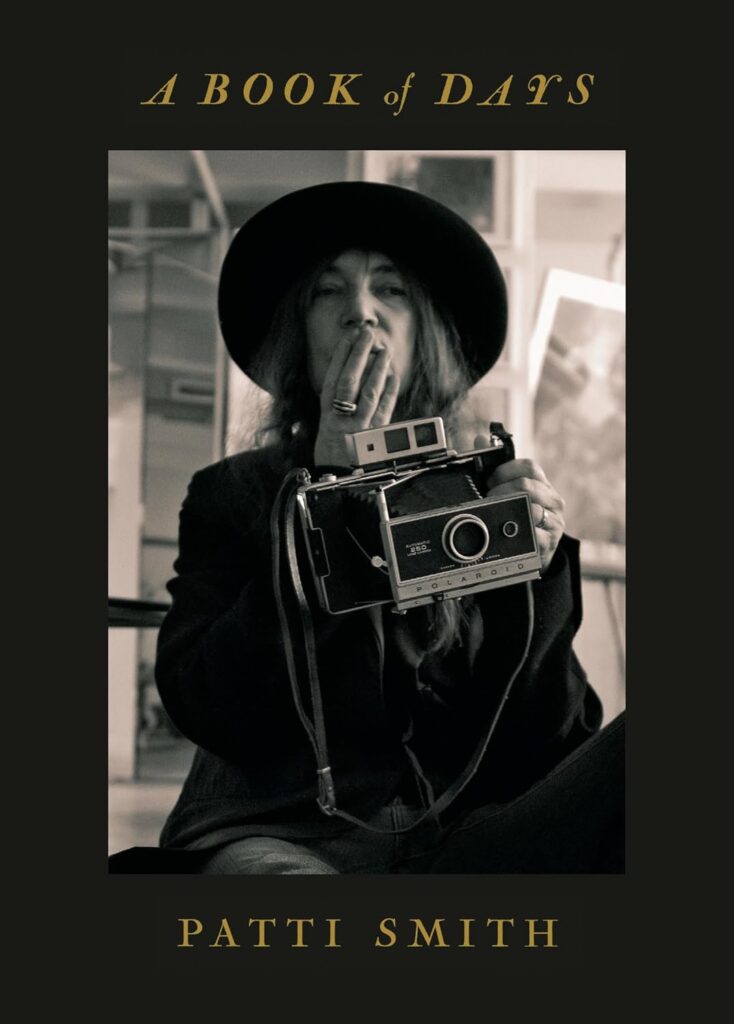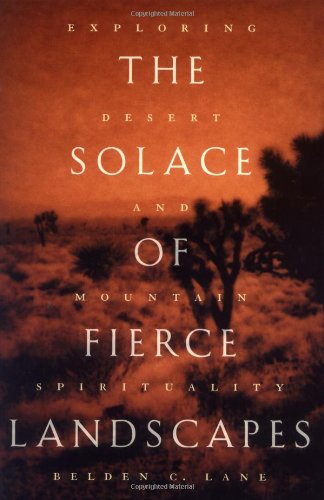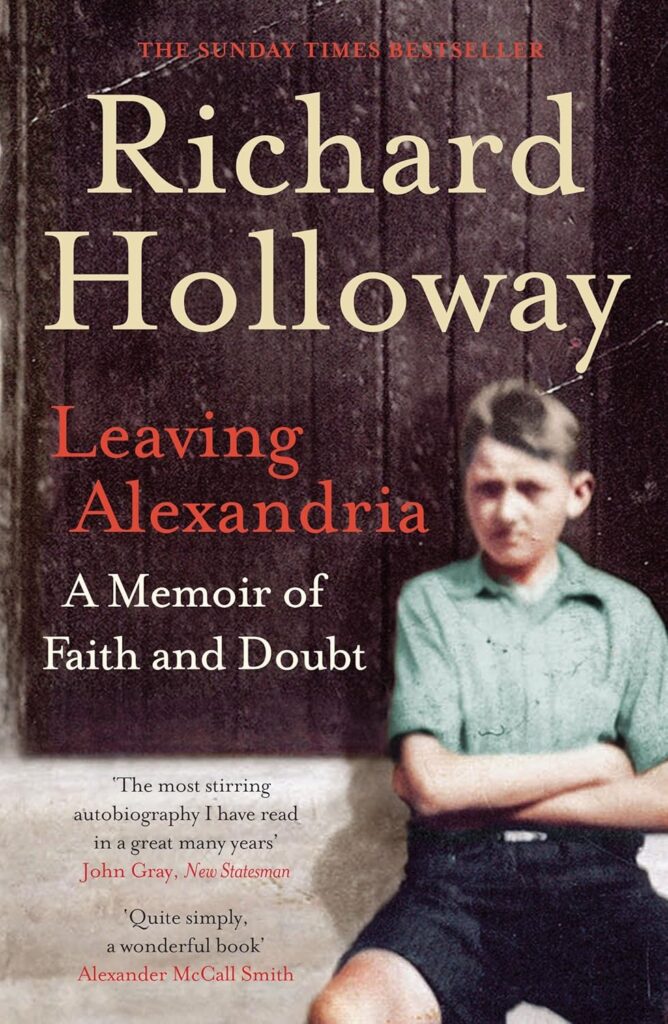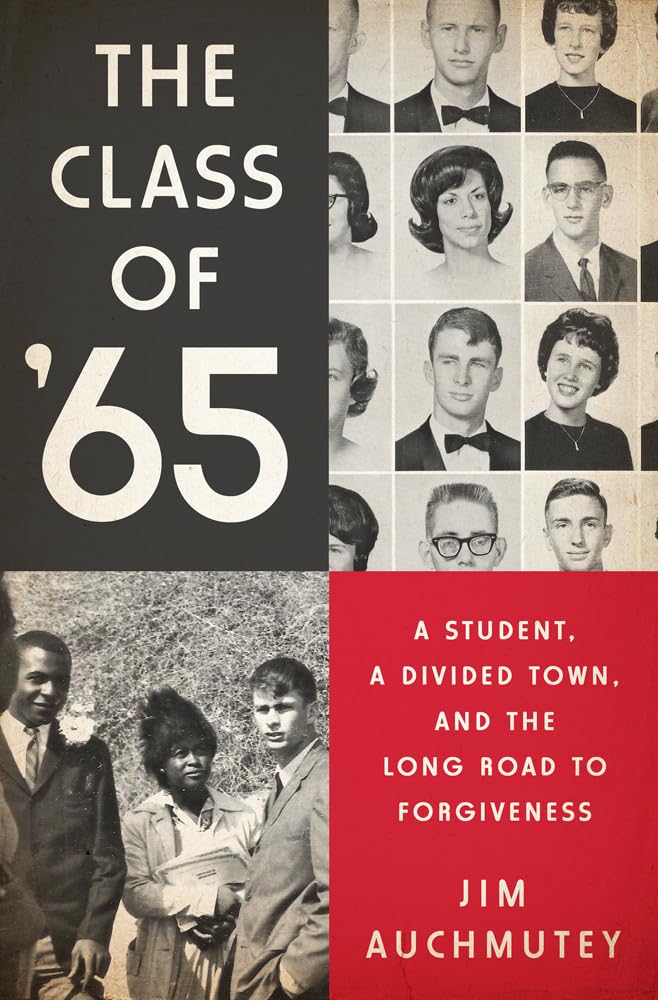Biblical Justice in the Global South
Nicholas Wolterstorff combines his extensive philosophical training with his vast experience of South Africa, the Middle East, and Honduras to present a theology of justice in Journey Toward Justice: Personal Encounters in the Global South. Wolterstorff seeks to elevate marginalized voices of the Global South, centering his ethical framework around the principle of shalom, or flourishing. Journey Toward Justice examines principles of human rights down to their most basic components, and at the same time tells the deeply important stories of people who have had their rights stripped away, ultimately making a case for biblical justice’s use in the world. Nuanced, hopeful, and thoughtfully-constructed, Wolterstorff uses his encounters with global persecution to imagine a liberative and salvific future for the all the world’s oppressed.
Nicholas Wolterstorff is a senior fellow at the Institute for Advanced Studies in Culture at the University of Virginia, and is also a Noah Porter Professor Emeritus of Philosophical Theology at Yale University. He has authored several books, including Four (and a half) Dialogues on Homosexuality and the Bible (with Donald J. Zeyl) and Call for Justice: From Practice to Theory and Back (with Kurt Ver Beek), and Lament for a Son.
Reviews and endorsements of the publication include:
“Drawing on his experience of being confronted by those who have suffered injustice, Wolterstorff helps us understand why and how such experiences should make a difference for how justice is understood. His reflections on the relations of beauty, hope, and justice are profound and moving.”
-Stanley Hauerwas, Duke Divinity School, author of With the Grain of the Universe and Hannah’s Child
“I have been so deeply grateful, over many years, for the gift of rigorous scholarship Dr. Wolterstorff has brought to the body of Christ. Now my gratitude expands all the more with his newest gift: his work on biblical justice made accessible for even wider audiences and, most of all, the sharing of his personal journey. This is a book that I will use in many settings for years to come.”
– Bethany H. Hoang, Director of the IJM Institute for Biblical Justice
“Wolterstorff’s Journey toward Justice is far more than his personal story of how his encounters with suffering people shaped his thinking (and life) around an active concern for justice. The book combines this story with deep and clear thinking, centered in the biblical revelation, about how Christians should think about justice and about the implications of a biblical concern for justice in the contemporary world.”
– C. Stephen Evans, Baylor University
For more information on the publication, click here.
For more of “On the Lived Theology Reading List,” click here. To engage in the conversation on Facebook and Twitter, @LivedTheology, please use #LivedTheologyReads. To sign up for the Lived Theology newsletter, click here.



